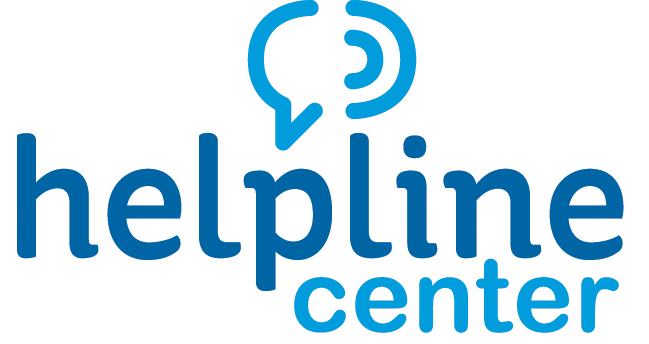Types of Behavioral Health Professionals and Specialty Topics
Behavioral health professionals offer services focused on improving and treating mental health. These professionals have varying levels of education and have completed the required training for a license or credential within their field.
- Addiction and Prevention Counselor – Works with people to address an addiction to substances or behavioral addiction in individual or group settings. They may also assist families of people with addictions to better understand addiction and how to help their loved one.
- Counselor – Provides “talk therapy” as opposed to medication. In the behavioral health setting, counselors can be found providing therapy or case management services.
- Psychiatrist – A physician with additional specialized training in psychiatry. They can prescribe medications.
- Psychologist – Can perform evaluations and help in the treatment of mental, emotional, and behavioral disorders.
- School Psychologist – Works in the school setting to help individual students resolve learning and behavioral challenges that are affecting academic performance and helps teachers improve the learning process.
Behavioral Health Counselors can take additional course work or trainings, and internships to strengthen their skills in a specific area of concern. Some specialized topics include:
- Addiction Counseling
- Career Counseling
- Grief Counseling
- Marriage, Couple and Family Counseling
- School Counseling
- Trauma Informed
Different therapeutic approaches can be helpful to people who are struggling with certain issues. For some individuals, the specific type of therapy may help determine the choice of a therapist. It may come up in conversation during the course of treatment.
Be sure to discuss specific types of therapies with your therapist. If finding a specific provider is important to you, research their specialties ahead of time and ask them about their training in providing a certain type of therapy.
Within the Helpline Center Resource Database, you can search for some specialty topics/providers:
-
- www.helplinecenter.org/2-1-1
- Enter your Zip Code
- Select Mental Health category
Sources:
National Alliance on Mental Illness: https://www.nami.org
Psychology Today: https://www.psychologytoday.com/us
Disclaimer: This HelpSheet is developed by the Helpline Center. HelpSheets provide a brief overview of the designated topic. For more information, call 211 or text your zip code to 898211.
Updated: March 2024






